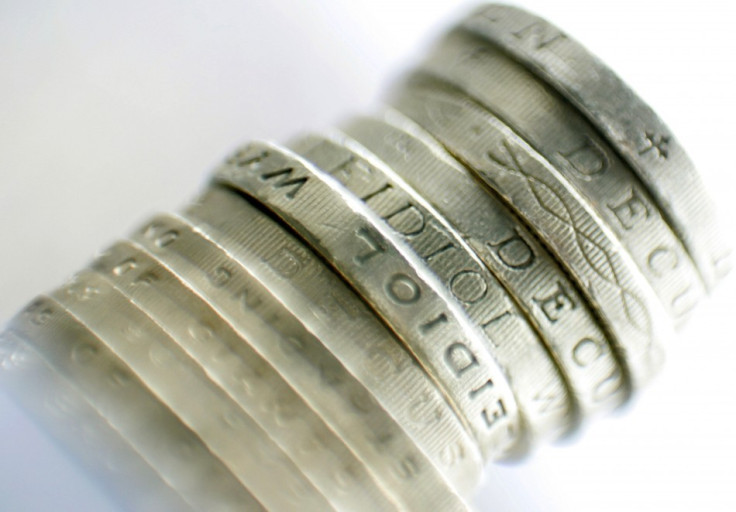UK Gets £340m from Swiss Government on Tax Evasion Deal

The UK has received £340m ($535m / €397m) from the Swiss government as part of an agreement that is designed to combat tax evasion and raise billions of pounds for Britain over the next few years.
After sealing a deal with Britain last year, Switzerland agreed to impose a one-off levy on money that UK nationals have stored in secret Swiss bank accounts and deliver it to the UK.
"Last night HMRC received £340m from the Swiss government, in the first instalment of a deal we have struck. This is the first time in our history that money due in taxes has flowed to this country from Switzerland, rather than the other way round," said British Chancellor George Osborne in parliament.
Under the agreement, Swiss authorities confirmed that they would also tax future interest payments from the start of 2013. However, Germany has rejected a similar deal.
The UK is expected to receive over £3bn from the Swiss government in the next tax year and total tax receipts to 2017/2018 are expected to reach over £5bn.
Switzerland has long been considered a tax haven for British nationals, as the country has a tradition of staunch banking secrecy.
The country has been under pressure from the US, UK and Germany to clean up its private banking system for the past few years.
Tackling tax avoidance, as well as tax evasion, by both companies and individuals has become a top priority for the British government, after financial reports revealed that giant corporations such as Starbucks, Amazon and eBay paid little tax to the UK, despite bumper profits.
This month, IBTimes UK reported that the UK tax authority revealed a sharp increase in potentially underpaid revenue from some of the country's largest businesses, after identifying a number of tax avoidance methods that companies use in order to pay less.
As of 31 July 2012, the amount of 'tax under consideration' from large businesses, in relation to these tax avoidance methods including transfer pricing and reporting thin capitalisation, stood at £1bn compared with £680m a year earlier.
© Copyright IBTimes 2024. All rights reserved.






